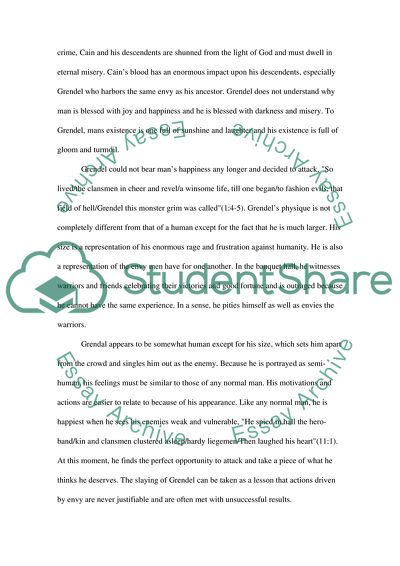How are we to understand the importance of the three monsters in Literature review Example | Topics and Well Written Essays - 1500 words. https://studentshare.org/literature/1708429-how-are-we-to-understand-the-importance-of-the-three-monsters-in-beowulf-what-function-might-these-creatures-have-with-respect-to-the-larger-themes-of-the-poem
How Are We to Understand the Importance of the Three Monsters in Literature Review Example | Topics and Well Written Essays - 1500 Words. https://studentshare.org/literature/1708429-how-are-we-to-understand-the-importance-of-the-three-monsters-in-beowulf-what-function-might-these-creatures-have-with-respect-to-the-larger-themes-of-the-poem.


